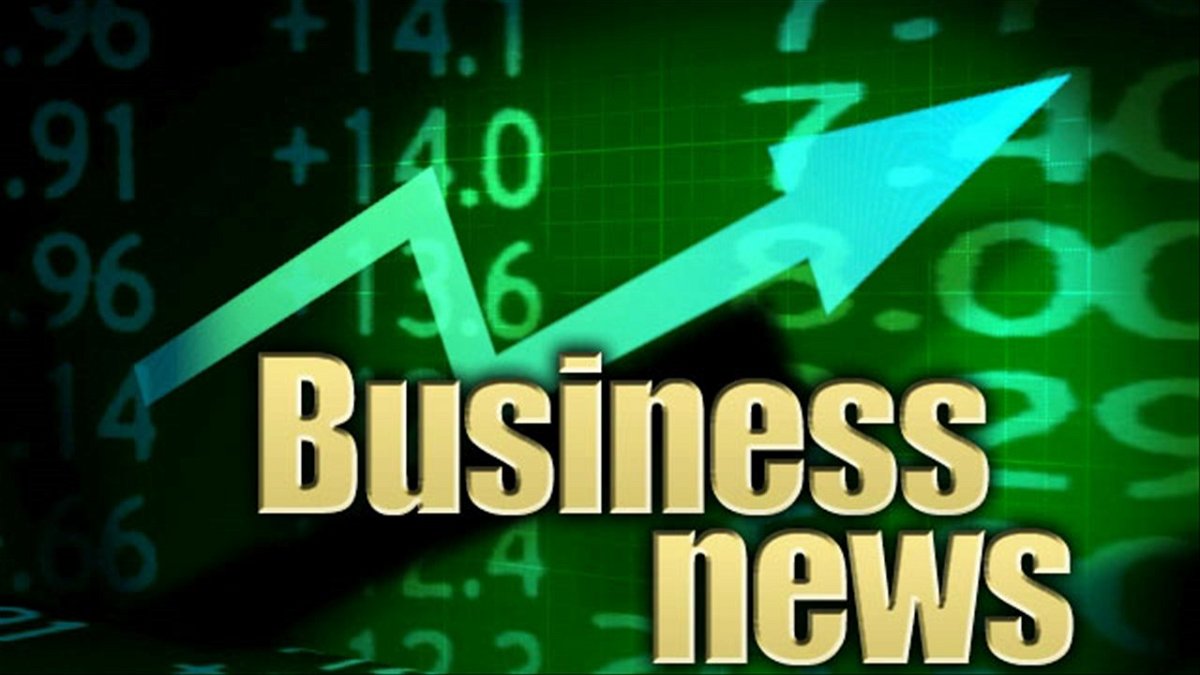Stocks would rally if Trump quits, Wall Street firm predicts

Wall Street could learn to love a President Pence.
At least that’s what Raymond James thinks. The investment firm predicted that the bull market would keep going in the unlikely event that President Donald Trump decides to call it quits.
“After the initial shock, we think the market rallies as Pence is a predictable, traditional, conservative choice,” Raymond James wrote in a report that published Wednesday evening.
The firm stressed that Trump resigning is a “low probability event” because he’s known for not backing down from fights and would not want to validate allegations of wrongdoing.
But it’s not an insane idea. Raymond James says it’s “possible” Trump decides to resign because he wants to avoid going down in history as just the third president to ever get impeached (or, potentially, the first to be removed from office). And that’s what at least one former Trump insider predicted. Barbara Res, a former Trump Organization vice president, told CNN’s Brian Stelter earlier this month that her “gut” instinct is that Trump will resign.
The chance of Trump quitting during his first term is roughly 20%, according to PredictIt, a prediction platform that lets traders bet on political outcomes. That’s not nothing.
Chris Meekins, one of the Raymond James analysts who authored the research, told CNN Business on Friday that the catalyst for writing the report was the fact that it kept coming up in conservations in Washington, DC.
“Independently, different people associated with Trump’s orbit brought this idea up unsolicited,” Meekins said.
Trump: Markets would ‘crash’ if he was impeached
It’s impossible to say with any certainty how the stock market would react to a Trump resignation. In the long run, market performance isn’t driven by politics. It’s determined by how fast the economy and corporate profits are growing.
Recall that many experts predicted a market calamity if Trump was elected. That turned out to be true, for all of a few hours. Stock futures initially plummeted on the night of the 2016 election, but after the shock wore off investors loudly cheered the business-friendly parts of Trump’s agenda, especially tax cuts and deregulation. The Dow spiked from just above 18,000 on Election Day to 26,000 by early 2018.
Trump himself has mused about how the market would react to his ouster.
In September, Trump argued the markets would “crash” if he was impeached.
“Do you think it was luck that got us to the best Stock Market and Economy in our history. It wasn’t,” Trump tweeted.
Trump war fatigue
But the market’s love affair with Trump ended long ago.
The S&P 500 is only up modestly over the past six months. That’s because after securing massive corporate tax cuts and cutting regulation, Trump’s economic agenda has turned less business friendly. The erratic US-China trade war is slowing global growth, disrupting global supply chains, raising costs for businesses and consumers and crushing the manufacturing industry.
Raymond James argued that drug makers, defense contractors and companies linked to trade with China would benefit from a Trump resignation if there is a belief that it hurts the Democrats’ chances of winning in 2020 or shores up support for the Republicans keeping control of the Senate.
“The markets can live happily with Pence, on trade in particular,” said Greg Valliere, chief US policy strategist at AGF Investments. “Pence would get along far better with the Chamber of Commerce and the free trade advocates. He’d shy away from tariffs.”
Valliere stressed, however, that he doesn’t believe Trump will quit, especially because doing so could increase his legal jeopardy. (Justice Department policy counsels against indicting a sitting president, though a president can be indicted once out of office.)
‘So erratic and unpredictable’
Meekins, who said the report was one of the firm’s most widely read in recent memory, said a President Pence would bring back a sense of calm.
“It creates some certainty, which the market historically craves,” he said. “Some investors have reached out saying, ‘We’ve been talking about this for months and we’re glad you finally raised it.'”
By definition, Trump’s volatile, tweet-first style makes it difficult for investors and CEOs to plan for the future.
“At any moment, there could be a tweet coming out that changes a position. There isn’t the traditional policymaking process,” Meekins said.
Analysts at JPMorgan Chase even created an index to track the impact of Trump’s tweets on interest rates. The bank found that Trump’s tweets have significantly increased volatility.
“Trump has become so erratic and unpredictable that it’s annoying for the markets,” said Valliere. “Pence is a boring, conservative, pro-business Midwesterner.”
Valliere noted that Pence has similarities with another pro-business Midwest conservative: Gerald Ford, who became president in 1974 when Richard Nixon resigned rather than face impeachment.
“The similarities with Ford are striking,” Valliere said.
